

Observing and asking questions are essential parts of what a scientist does. Through their observations, scientists try to build more accurate explanations of how the world works. The scientists ...
READ MORE

Position: Former Research Scientist, NIWA. Currently Expedition leader Field: Atmospheric chemistry Dr Katja Riedel was a research scientist with NIWA and, at present, is based in Wellington. She ...
READ MORE

In this activity, students use a plastic soda bottle to make and test the temperature of a bottle ‘greenhouse’ and demonstrate how light energy is transformed into heat energy. By the end of this ...
READ MORE
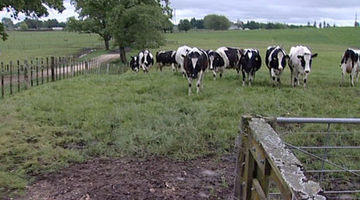
In this activity, students explore ethical issues related to farming and environmental pollution. They learn about the science involved and the range of perspectives among stakeholders. By the ...
READ MORE

This citizen science project wants your assistance to extract information from various climate scientific graphics to help combat misinformation and support scientific communication. Using this ...
READ MORE
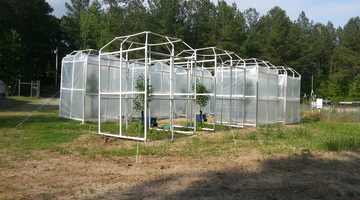
By comparing some features of fossilised plants with the same features of plants living today, scientists hope to be able to learn more about the effect of changing carbon dioxide (CO2) levels in ...
READ MORE
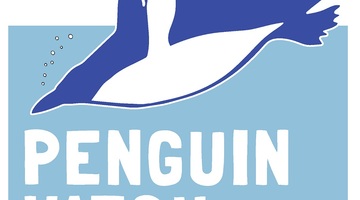
Help scientists establish valuable baseline data about the numbers, locations, habits and health of penguins in a range of Southern Ocean sites. This information will enable better understanding ...
READ MORE
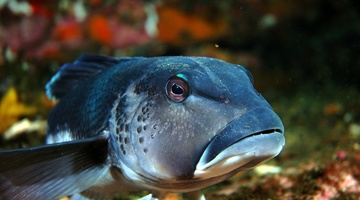
There are many marine classroom activities and resources on the Science Learning Hub useful for Seaweek 2015. This online PD session recorded on 19 February 2015 shows primary and secondary ...
READ MORE
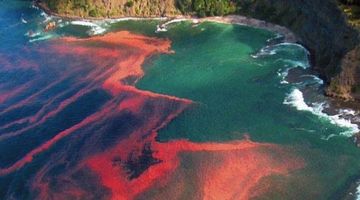
Seaweek is New Zealand’s annual national week about the sea. It is coordinated by the Sir Peter Blake Marine Education and Recreation Centre (MERC) and includes a wide range of events ...
READ MORE

In this recorded professional learning session, Lyn Rogers and Angela Schipper explore how teachers can plan to engage students in science topics that they may perceive as difficult. They model ...
READ MORE
Peter Hall from Scion explains why we need large quantities of carbon neutral energy. Energy is everywhere. Anything we eat or use has energy embodied in it. Every object we produce required ...
READ MORE
Peter Hall from Scion discusses New Zealand’s energy demands and what we should think as a country about how to reduce our carbon footprint. A country’s economic growth is closely linked to how ...
READ MORE
Dr Peyman Zawar-Reza, from the University of Canterbury, explains how scientists can help energy companies to predict which areas they should target for further exploration and use for energy ...
READ MORE

This slideshow, from the PLD webinar Tackling planning in science, provides additional support for the video tutorial. Use the Slideshow menu for further options, including view full screen, and ...
READ MORE

This timeline lets you see the historical developments in technology related to weather monitoring, measuring and forecasting. It also shows how scientific thinking changed over the centuries as ...
READ MORE

This interactive groups Hub resources into key science and teaching concepts. The article Climate change resources – planning pathways provides pedagogical advice and links to the New Zealand ...
READ MORE